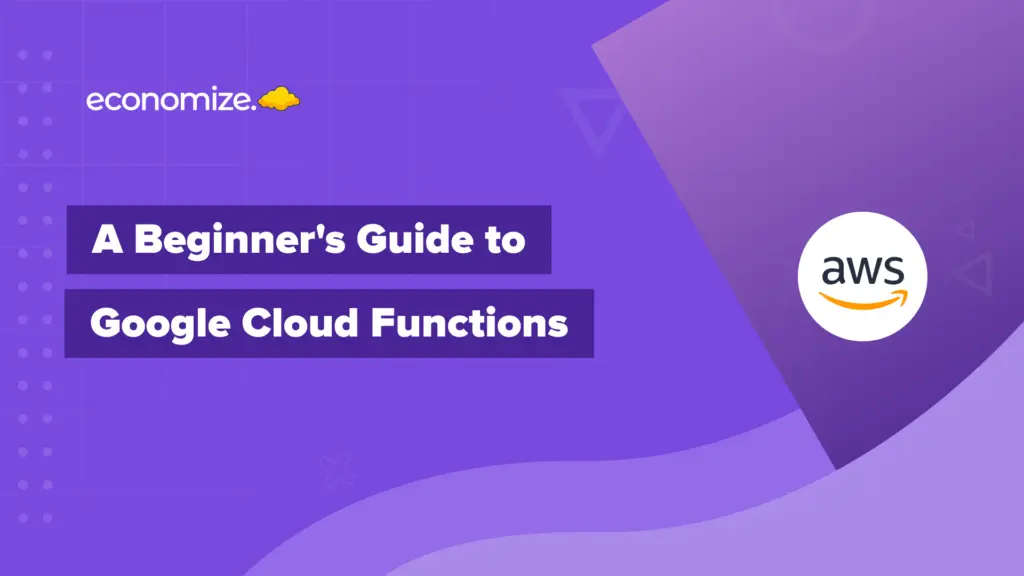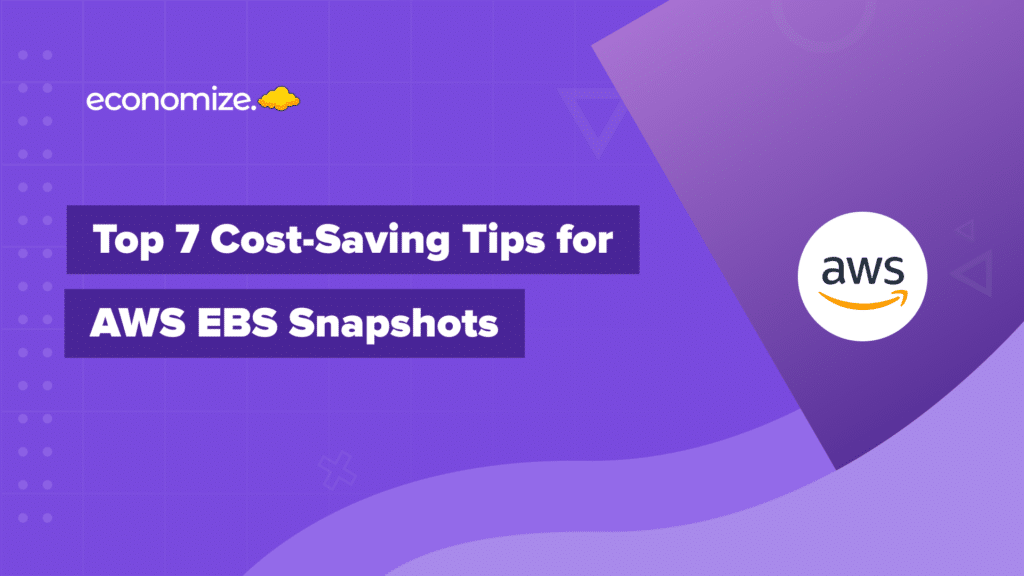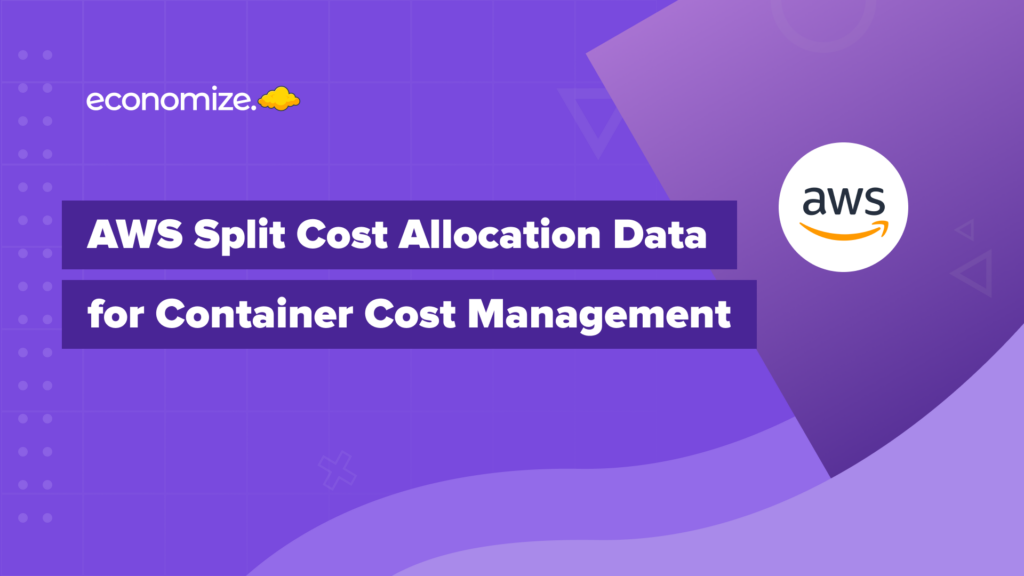Amazon Web Services’ Relational Database Service (AWS RDS), a managed database service that streamlines database administration tasks, making it easier for developers to set up, operate, and scale databases in the cloud. From startups to global enterprises, AWS RDS offers a flexible, scalable solution for database management, supporting several database instance types designed to cater to diverse performance, workload, and budgetary needs.
This article provides a detailed overview of the different types available, their unique features, pricing, and practical advice on selecting the right instance type for your specific requirements.
What are AWS RDS Instances?
AWS RDS is a fully managed relational database service that automates time-consuming administrative tasks such as hardware provisioning, database setup, patching, and backups while providing cost-efficient and resizable capacity. It allows businesses to focus on their application and business logic, leaving the heavy lifting to AWS.

With a broad spectrum of database engines at your disposal, including MySQL, PostgreSQL, MariaDB, Oracle, Microsoft SQL Server, and Amazon’s proprietary Aurora, AWS RDS is a versatile solution, tailored to accommodate diverse organizational needs.
How does RDS Work?
AWS RDS streamlines database management in the cloud, making it easier for users to focus on application development rather than setup and maintenance. Here’s how it simplifies the process:
- Maintenance: Automatically applies software patches and updates, ensuring your database is always secure and up-to-date without manual effort.
- Backup and Recovery: Offers automated backups and manual RDS snapshots, allowing easy point-in-time recovery and data protection.
- Scaling: Facilitates both vertical and horizontal scaling to meet workload demands with minimal downtime, improving resource utilization.
- Security: Provides robust security features including data encryption, access management, and network isolation, safeguarding your information at every layer.
By automating these essential tasks, AWS RDS enables users to optimize their database operations for efficiency, performance, and security, allowing more time to be spent on innovating and enhancing applications.
RDS General Purpose Instances
RDS General Purpose Instances are designed to provide a balanced compute, memory, and networking capacity to serve a wide range of database workloads. These instances are suitable for a variety of use cases, including medium to large databases, as they offer a good balance between performance and cost.
General Purpose Instances are categorized under the “M” instance families, such as M4, M5, M6g, etc. They are ideal for workloads that do not require the high memory or compute optimization provided by other specific instance types.
RDS General Purpose Instance Pricing List
Below is a simplified pricing sheet for some of the RDS General Purpose Instances. Please note, pricing can vary based on region and specific configurations.
| Instance Name | Description | Features | Instance Sizes | Sample Pricing |
|---|---|---|---|---|
| M7g | High-performance instances with AWS Graviton3 processors. | DDR5 memory, enhanced networking, EBS-optimized. | db.m7g.large to db.m7g.16xlarge | $0.1297 hourly for db.m7g.large |
| M6i | Balances compute, memory, networking for a broad range of workloads. | 3rd Gen Intel Xeon Scalable processors, Enhanced networking. | db.m6i.large to db.m6i.32xlarge | $0.1140 hourly for db.m6i.large |
| M6g | Instances powered by AWS Graviton2 processors for a wide range of applications. | AWS Graviton2 Processor, Up to 25 Gbps network bandwidth, EBS-optimized. | db.m6g.large to db.m6g.16xlarge | $0.1018 hourly for db.m6g.large |
| M5 | Latest gen of General Purpose Instances, balancing compute, memory, and network. | Intel Xeon Platinum 8175 processors, Up to 25 Gbps network bandwidth. | db.m5.large to db.m5.24xlarge | $0.1140 hourly for db.m5.large |
| M5d | General purpose instances with local NVMe SSD storage. | Intel Xeon Platinum 8175M processors, Up to 3,600 GB of local NVMe SSD storage. | db.m5d.large to db.m5d.24xlarge | $0.1613 hourly for db.m5d.large |
| M4 | Balances compute, memory, and network resources for database workloads. | Intel Xeon E5-2686 v4 processors, Enhanced Networking. | db.m4.large to db.m4.16xlarge | $0.1750 hourly for db.m4.large |
Use Cases for General Purpose RDS Instances
- Medium to Large Databases: Suitable for supporting small to medium-sized databases that handle moderate traffic with varying loads.
- Development and Test Environments: Ideal for development and testing environments where performance needs are variable.
- Enterprise Applications: Supports enterprise applications that require balanced compute and memory capacity.
- Memory-Intensive Applications: While not as optimized as memory-specific instances, they can effectively support memory-intensive applications due to their balanced nature.
- Variable Workloads: With burstable instances like T3 and T4g, these are perfect for workloads with intermittent spikes that do not consistently use high CPU.
RDS Burstable Performance Instances
RDS Burstable Performance Instances are designed to offer a cost-efficient solution for workloads that are lightweight on CPU usage but occasionally need to burst beyond their baseline capacity. These instances provide a balance between performance and cost by allowing you to pay for a baseline level of CPU performance with the ability to exceed this level when the workload requires it.
This capability is particularly useful for applications with uneven CPU usage, providing flexibility without the need to provision excessive CPU capacity that remains unused most of the time.
RDS Burstable Performance Instances Pricing
Below is a pricing table for selected RDS Burstable Performance Instances. Please note, the pricing is subject to change based on AWS pricing updates and region-specific rates.
| Instance Type | Description | Features | Instance Sizes | Sample Pricing |
|---|---|---|---|---|
| T4g | Next-gen burstable instances leveraging AWS Graviton2 processors for optimal price performance. | AWS Graviton2 Processor, burstable CPU with Unlimited mode. | db.t4g.micro to db.t4g.2xlarge | Starts at $0.0116 hourly for db.t4g.micro |
| T3 | General-purpose burstable instances designed for moderate CPU spikes. | Burstable CPU with Unlimited mode, powered by the AWS Nitro System. | db.t3.micro to db.t3.2xlarge | $0.0129 hourly for db.t3.micro |
| T2 | Entry-level burstable instances for microservices and small databases. | Intel Xeon processors, burstable CPU, eligible for the AWS Free Tier. | db.t2.micro to db.t2.2xlarge | $0.0180 hourly for db.t2.micro |
RDS Burstable Performance Instances Use Cases
RDS Burstable Performance Instances are optimal for a variety of use cases, especially where the workload does not consistently demand high levels of CPU. Key scenarios include:
- Websites and Web Applications: Ideal for serving dynamic websites or web applications with variable traffic, where periods of low activity are punctuated by brief spikes in demand.
- Development and Test Environments: Provides a cost-effective solution for development, testing, and staging environments, where workloads may not require continuous high CPU performance.
- Microservices: Supports microservices architectures that experience intermittent traffic, allowing for efficient resource utilization and cost savings.
- Line-of-Business Applications: Suitable for business applications with predictable usage patterns and occasional need for additional compute capacity to handle periodic increases in workload.
By utilizing RDS Burstable Performance Instances, you can ensure your applications remain responsive during peak periods without incurring the higher costs associated with provisioning higher-capacity instances that may go underutilized.
RDS Memory Optimized Instance
Memory Optimized Instances are engineered for workloads that require high memory bandwidth and fast processing capabilities. They are ideal for applications such as high-performance databases, in-memory databases (like SAP HANA), and big data analytics engines.
These instances are part of the R, X, and Z instance families, including R7g, R6i, R6g, R5, R5b, R5d, R4, X2iedn, X2idn, X2g, X1e, X1, Z1d. They cater to the needs of memory-bound applications, providing a high level of performance for large databases and in-memory processing.
RDS Memory Optimized Instance Pricing List
Below is a simplified pricing sheet for RDS Memory Optimized Instances. Note that pricing can vary based on region and specific configurations:
| Instance Name | Description | Features | Instance Sizes | Sample Pricing |
|---|---|---|---|---|
| R7g | Latest Arm-based instances optimized for performance and cost. | AWS Graviton4 Processor, DDR5 memory. | db.r7g.large to db.r7g.16xlarge | Starts at $0.2390 hourly for db.r7g.large |
| R6i | Intel-based instances for memory-intensive applications. | 3rd Gen Intel Xeon Scalable processors. | db.r6i.large to db.r6i.32xlarge | $0.2500 hourly for db.r6i.large |
| R6g | Graviton2 processors for wide-ranging applications. | AWS Graviton2 Processor, enhanced networking. | db.r6g.large to db.r6g.16xlarge | $0.2250 hourly for db.r6g.large |
| R5 | Optimized for high performance and memory. | Intel Xeon Platinum 8000 series processors. | db.r5.large to db.r5.24xlarge | $0.2500 hourly for db.r5.large |
| R5b | Accelerates performance for in-memory workloads. | Up to 60 Gbps of EBS bandwidth. | db.r5b.large to db.r5b.24xlarge | $0.2960 hourly for db.r5b.large |
| R5d | Local NVMe SSD storage for fast I/O. | Up to 3,600 GB of local NVMe SSD storage. | db.r5d.large to db.r5d.24xlarge | $0.2860 hourly for db.r5d.large |
| R4 | Suitable for memory-intensive DB workloads. | High Frequency Intel Xeon E5-2686 v4 processors. | db.r4.large to db.r4.16xlarge | $0.2500 hourly for db.r4.large |
| X2iedn | High memory and compute performance. | 3rd generation Intel Xeon Scalable processors. | db.x2iedn.xlarge to db.x2iedn.32xlarge | $2.2210 hourly for db.x2iedn.xlarge |
| X2idn | Next-gen memory-optimized instances. | Up to 2 TiB of memory, 100 Gbps networking. | db.x2idn.16xlarge to db.x2idn.32xlarge | $22.4000 hourly for db.x2idn.32xlarge |
| X2g | Graviton2 processor-based, for high-performance databases. | Up to 1,024 GiB of memory. | db.x2g.large to db.x2g.16xlarge | $0.3260 hourly for db.x2g.large |
| X1e | High-performance for large-scale databases. | Up to 3,904 GiB of DRAM-based instance memory. | db.x1e.xlarge to db.x1e.32xlarge | $9.8870 hourly for db.x1e.4xlarge |
| X1 | Optimized for enterprise-class and in-memory apps. | Up to 1,952 GiB of DRAM-based instance memory. | db.x1.16xlarge to db.x1.32xlarge | $28.5330 hourly for db.x1.16xlarge |
| Z1d | High compute performance and high memory. | Up to 4.0 GHz with Intel Xeon Scalable processor. | db.z1d.large to db.z1d.12xlarge | $1.2510 hourly for db.z1d.large |
Use Cases for Memory Optimized RDS Instances
Memory-optimized instances excel in environments demanding rapid access to large datasets. Ideal for large-scale, data-intensive applications, these instances significantly boost performance in:
- High-Performance Databases: Powering relational and NoSQL databases, they ensure swift transactions and real-time analytics, supporting platforms like MySQL, PostgreSQL, and more.
- In-Memory Data Stores: Enhancing caching mechanisms for applications, they are perfect for Redis or Memcached, providing speedy data retrieval.
- Big Data Processing: Facilitating large-scale data analytics and machine learning models, they offer the computational resources necessary for complex computations.
- Business Critical Applications: From ERP systems to real-time financial transaction processing, they deliver the necessary speed and efficiency.
These instances are designed to manage the most demanding workloads, offering unparalleled performance where speed and memory are paramount.
AWS RDS Database Engine Pricing
Your total RDS Pricing will be inclusive of several factors such as Storage Type, Availability Zone, Data Transfer Costs, and Database Engines (MariaDB, MySQL, PostgreSQL, Oracle). Users can check out our RDS Pricing Catalog to receive estimates according to their own configurations.
Conclusion
Selecting the right AWS RDS instance type is crucial for developing a financially sustainable cloud architecture. Each instance category is engineered for specific use cases, from Burstable Performance instances designed for variable workloads to Memory Optimized instances for memory-intensive applications.
A strategic approach to instance selection not only supports operational efficiency but also ensures your cloud infrastructure is economically viable, achieving the ideal balance between cost and capability.








